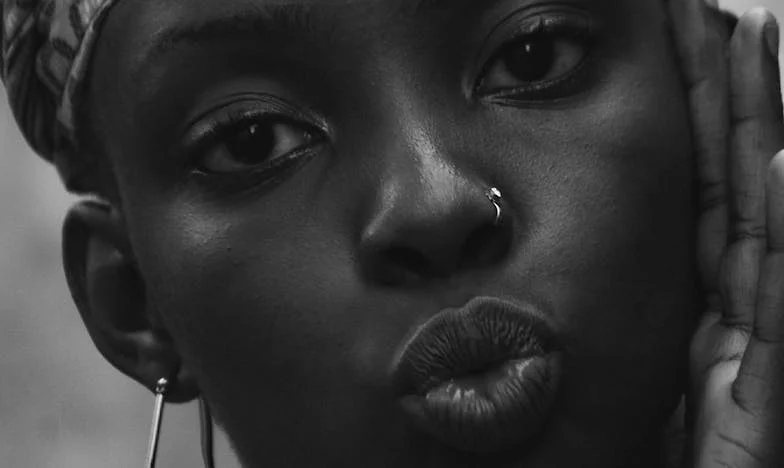My Mother’s Tears: Choosing My Own Path
“You’re throwing your future away, Emily!” My mother’s voice shook the kitchen, rattling the glasses in the cabinet. I could see the tears gathering in her eyes, the same stormy blue as mine. My hands gripped the edge of the counter so tightly my knuckles blanched, but I refused to look away.
“Mom, this is my decision. I can’t keep living for you,” I said, my voice barely above a whisper but somehow loud enough to stop her in her tracks. For a moment, the only sound was the clock ticking, marking the seconds as the air thickened between us.
I always knew this day would come. All my life, it felt like I was living two separate lives: the dutiful daughter who excelled in school, ran track, and dated the boy next door my mom adored; and the secret artist, who hid her sketchbooks under the mattress and dreamed of New York galleries, not med school acceptance letters.
But for my mother, there was only one Emily. The one who’d become Dr. Emily Sanders, the pride of our small Ohio town. The one who’d make up for all the dreams she’d had to set aside when she got pregnant at nineteen and married my dad, who left before my second birthday.
“You’re too young to understand what you’re giving up,” she pleaded, voice thick with emotion. “A career in art? Honey, that’s not a real future. Not here.”
I closed my eyes, remembering the countless nights I spent at the kitchen table, copying diagrams for biology class with trembling hands, while my sketchbook sat unopened in my backpack. Remembering the way my mother’s face would light up whenever I brought home an A, or how she’d boast to her friends about my ambitions—ambitions that were really hers.
“I know what I want, Mom,” I said, fighting back my own tears. “I want to go to Parsons. I got in. I have a scholarship. I’m leaving in August.”
The words hung in the air, heavy and final. My mother sank into a chair, covering her face. For a long time, she didn’t say anything. I wanted to rush to her, to take it all back, but I couldn’t. Not this time.
The weeks that followed were a blur of silence and slammed doors. My mother stopped bringing up college at dinner, stopped asking about my friends, stopped coming to my track meets. I caught her crying once in the laundry room, clutching one of my old trophies, and the guilt nearly crushed me. But even as I doubted myself, I couldn’t let go of the chance to live my own life.
My best friend, Rachel, tried to help. “You have to do this, Em. You’ll regret it if you don’t.” But I could see the worry in her eyes. We both knew what it meant to leave—leaving wasn’t just about me; it was about leaving my mother behind, with her loneliness and her sacrifices.
August came in a rush of cardboard boxes and bittersweet goodbyes. The night before I left, my mother sat on the edge of my bed, her hands folded in her lap. The silence was thick, but softer this time.
“I just want you to be happy,” she whispered, voice breaking. “I just… I never wanted you to struggle the way I did.”
I took her hand, feeling the callouses from years of working two jobs, the lines etched deep from worry and laughter alike. “I know, Mom. But I need to find out what makes me happy.”
She hugged me then, and for the first time, I felt both her fear and her pride. She didn’t say goodbye when I boarded the bus, just pressed a note into my hand: “Whatever you choose, you’ll always be my daughter.”
New York was everything I’d dreamed—loud, colorful, alive with possibility. But every time I walked into a gallery, every time I sold a sketch on the street or had a piece rejected, I thought of my mother. When my scholarship didn’t cover groceries, when my tiny apartment grew colder in winter, when I wondered if I’d made a huge mistake, her voice echoed in my mind: “That’s not a real future. Not here.”
Some nights, I called her just to hear her breathe, neither of us knowing what to say. Other nights, I drew her face, remembering the lines around her eyes, the way she smiled when she thought I wasn’t looking. Those drawings sold more than any others.
Years passed. I found work at a gallery, started teaching art classes to kids who reminded me of myself: afraid to disappoint, desperate to create. My mother started mailing me newspaper clippings about local artists, and once, a box of homemade cookies with a note: “For my starving artist. Proud of you anyway.”
The first time she visited, she hugged me so tightly I thought I’d break. She walked through my tiny apartment, looked at my paintings, and said, “You did it, Emily. You really did it.”
But even now, when I see her eyes linger on the doctor’s office we pass on the street, or when she asks if I’m eating enough, I wonder if I chose right. Did I give up too much? Did I hurt her more than I had to, just to be myself?
Looking back, I know there was no easy answer. I chose my own path, but it cost more than I ever imagined. I gained freedom, but lost the simple comfort of knowing I’d made her dreams come true.
Sometimes, when I’m alone in my studio, I wonder—was it selfish to chase my dreams? Or was it the only way to truly live? Would you have chosen differently, if you were me?
